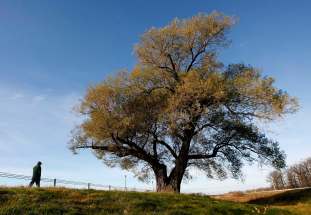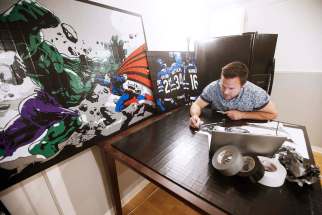‘No reconciliation whatsoever with Brian Pallister’ Critics charge any Manitoba advancements overshadowed by premier's constant squabbles, racially charged remarks
Read this article for free:
or
Already have an account? Log in here »
To continue reading, please subscribe:
Monthly Digital Subscription
$0 for the first 4 weeks*
- Enjoy unlimited reading on winnipegfreepress.com
- Read the E-Edition, our digital replica newspaper
- Access News Break, our award-winning app
- Play interactive puzzles
*No charge for 4 weeks then price increases to the regular rate of $19.00 plus GST every four weeks. Offer available to new and qualified returning subscribers only. Cancel any time.
Monthly Digital Subscription
$4.75/week*
- Enjoy unlimited reading on winnipegfreepress.com
- Read the E-Edition, our digital replica newspaper
- Access News Break, our award-winning app
- Play interactive puzzles
*Billed as $19 plus GST every four weeks. Cancel any time.
To continue reading, please subscribe:
Add Free Press access to your Brandon Sun subscription for only an additional
$1 for the first 4 weeks*
*Your next subscription payment will increase by $1.00 and you will be charged $16.99 plus GST for four weeks. After four weeks, your payment will increase to $23.99 plus GST every four weeks.
Read unlimited articles for free today:
or
Already have an account? Log in here »
Hey there, time traveller!
This article was published 09/07/2021 (1613 days ago), so information in it may no longer be current.
Polls show Canadians want a reckoning for the current and past wrongs suffered by Indigenous people. The biggest barrier to reconciliation in Manitoba, however, could be Premier Brian Pallister.
That’s the understanding of ministers, bureaucrats and Indigenous leaders who have worked with the premier since he took office in spring 2016.
“There’s no reconciliation whatsoever with Brian Pallister. There might be with the (Progressive) Conservative party — but with Brian at the helm, it’s pretty much dead in the water,” said Long Plain First Nation Chief Dennis Meeches.
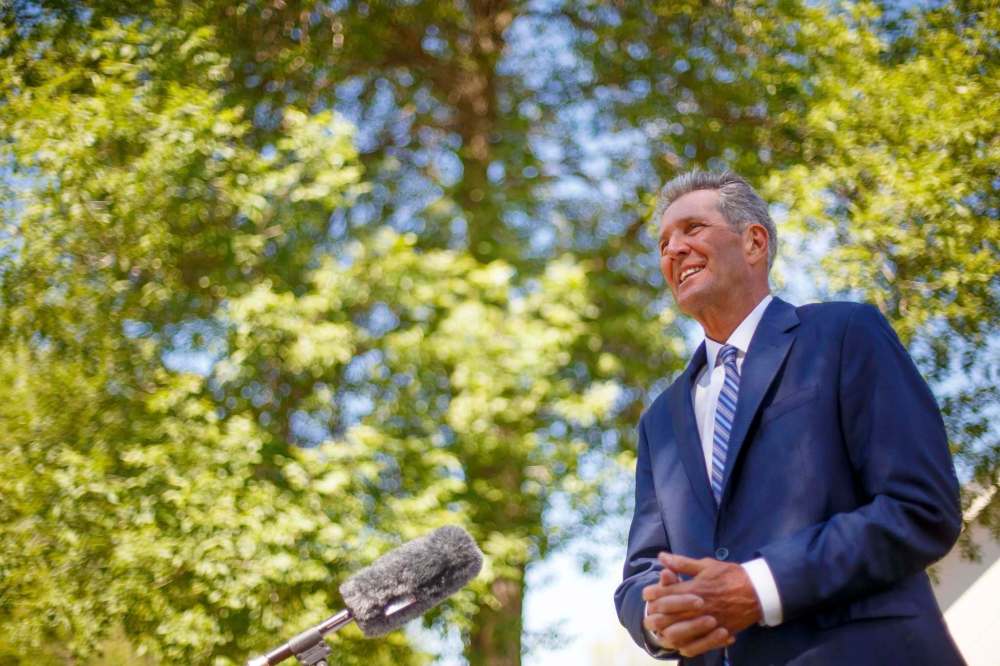
“He has no inkling of what our people went through.”
This week, the Manitoba premier reignited a firestorm over residential school atrocities. He responded to the Canada Day toppling of monarch statues in Winnipeg by urging unity — before arguing colonial settlers were not destructive people.
“The people who came here, to this country before it was a country, and since, didn’t come here to destroy anything — they came here to build,” Pallister said July 7.
The premier had sought to unite Manitobans around building a more equitable and educated society, acknowledging Indigenous people are left out of too many opportunities.
But those remarks were overshadowed when portrayed those who colonized the country as simply wanting to build farms, businesses and churches.
Historian Sean Carleton said the comments distort policies expressly meant to take the best parcels of land from Indigenous people and force them to integrate into a new society.
“They perpetuate a myth of Canada as the peaceable kingdom,” said the University of Manitoba professor. “Especially here in Manitoba, Canada was built on the back of conflict and Indigenous genocide.”
The premier’s office argues the comments have been deliberately misrepresented. Yet, numerous First Nation chiefs say those remarks are a dog whistle, meaning they hint at stereotypes such as Indigenous people being lazy and having underdeveloped societies until Europeans arrived.
Some chiefs say it’s actually the premier’s sincere understanding of Indigenous issues causing the problem.
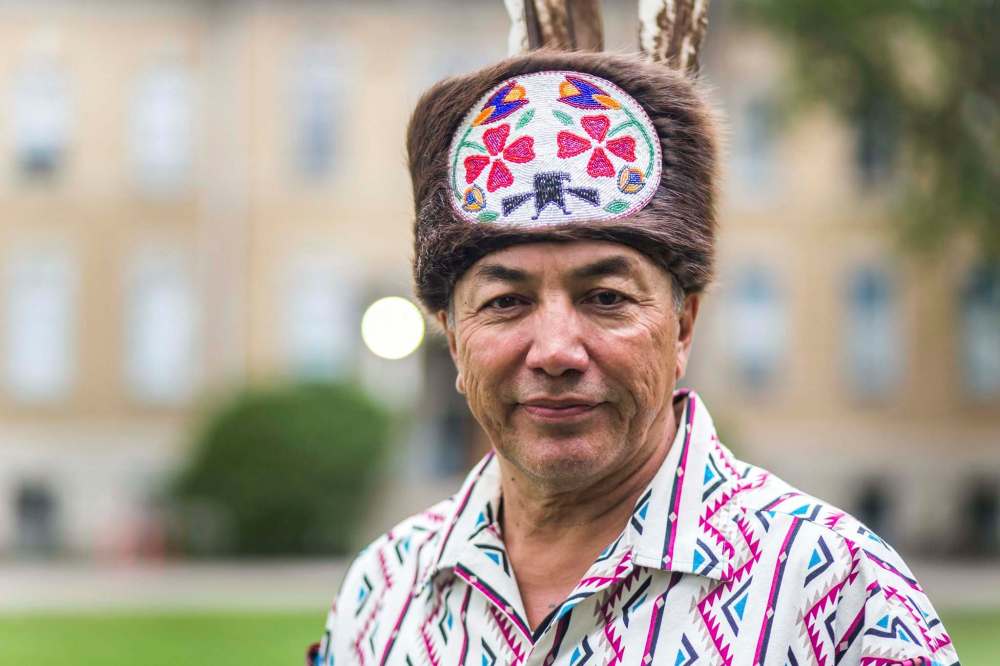
“We know him well at Long Plain,” said Meeches, whose relatives went to school with the premier in Portage la Prairie. “To me, he’s a dangerous individual to Indigenous people.”
Meeches said the comments can’t just be chalked up to the PCs shoring up their rural, mostly white voting base. He contrasted Justice Minister Cameron Friesen’s urging for calm after statues of Queen Victoria and Queen Elizabeth II were pulled down by protesters at the Manitoba legislature grounds.
Friesen argued those who committed vandalism were violent, and need to face prosecution. Yet, he suggested officials would leave some time before arresting people or hoisting statues back up.
“In those moments of extreme emotion, it’s more important than anything to just calm the waters,” he said.
Two days later, the premier suggested both statues would be put back.
Pallister stressed the province is consulting with Indigenous leaders on that plan. But he raised eyebrows for suggesting Canada’s first Indigenous person to be designated governor general, Mary Simon, be present as the Queen Elizabeth statue is put back in place.
Three weeks ago, Manitoba was among the last provinces to announce funding to help Indigenous groups detect potential residential school burial sites, at the behest of Indigenous Relations Minister Eileen Clarke.
“I asked the premier and my colleagues if we could please have some announceable information for Indigenous People’s Day (June 21),” she said.
First Nations chiefs and Métis ministers say Clarke is easy to reach, and commended work by a handful of PC ministers, particularly Cliff Cullen during his recent term as justice minister.
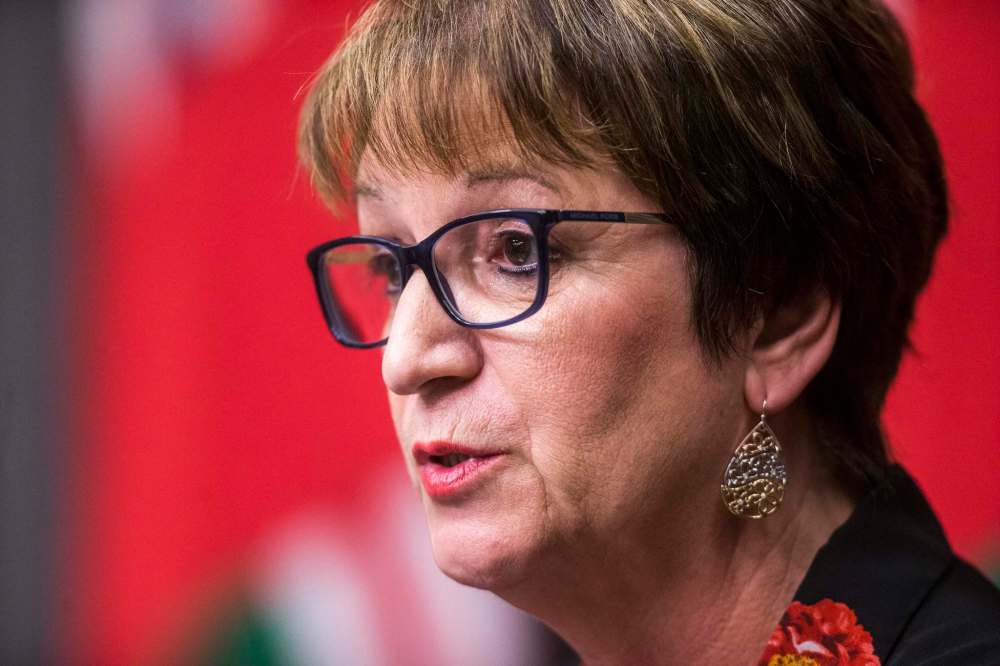
They also note the former NDP government had serious shortcomings in Indigenous relations, from disastrous child-welfare outcomes to a rise in Manitobans living in poverty.
Yet, civil servants working under NDP and PC leaders say the former Doer and Selinger administrations vetted major policy decisions through an Indigenous lens, such as whether bands had been consulted or how the policy would impact remote reserves.
Some bureaucrats, who are not authorized to speak with media, believe a shift occurred in 2017, around the time Pallister warned tensions over night hunting could escalate, “becoming a race war.”
One former senior public servant recalls colleagues being caught off-guard a few months later, when the premier took a reconciliation-themed bike ride to the Peguis reserve from the First Nation’s former home in East Selkirk to commemorate the injustice of that displacement.
Officials weren’t briefed on the trip; locals complained they weren’t invited to meet with the premier and said the journey dug up a painful history.
“We should be collaborating together, to arrive at solutions,” said Peguis Chief Glenn Hudson. “Our initial understanding is we were to build this country together, and not tear down each other.”
Meanwhile, last year’s Manitoba 150th-year commemoration came under fire for the scant mention of Métis leader Louis Riel, a founder of the province.
In May, a statement commemorating Indigenous nurses mentioned First Nations and Inuit care providers, but forgot to mention the Métis.
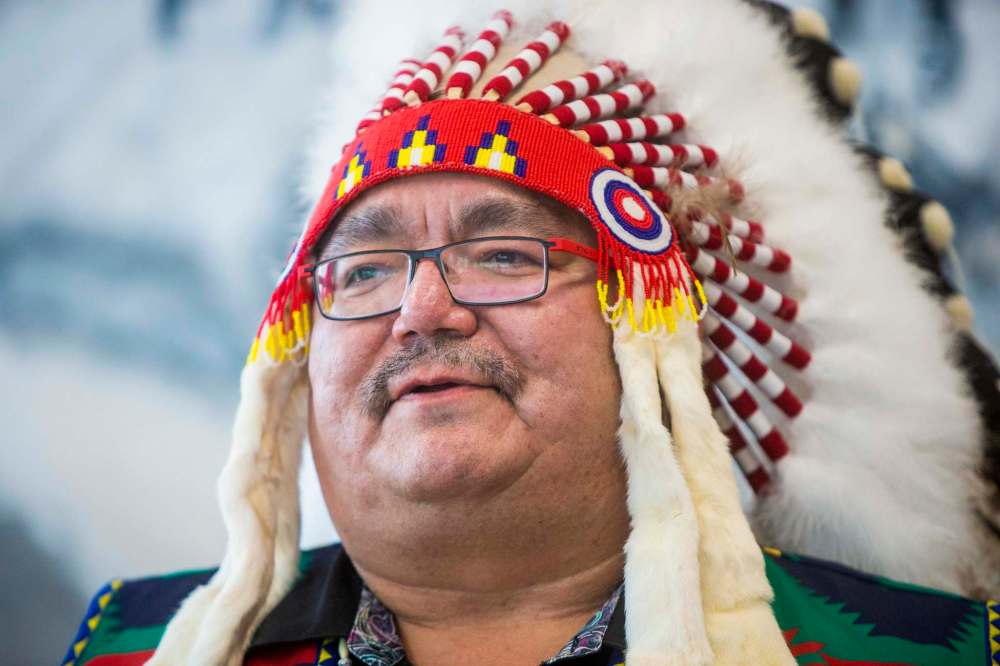
Last fall, Pallister was said to be at the forefront of premiers pushing Ottawa to make sure Indigenous people got prioritized access to COVID-19 vaccines.
He then caused an uproar when he suggested Ottawa’s original plan to not allot an extra quota for Indigenous people “puts Manitobans at the back of the line,” suggesting Indigenous people aren’t actually Manitobans.
Pallister’s relationship is particularly toxic with the Manitoba Metis Federation, which has tied itself tightly to the Trudeau government. It’s secured federal recognition as an Indigenous government, and launched multimillion-dollar partnerships on education and ecological preservation.
All that occurred after Pallister’s infamous fallout with MMF president David Chartrand after the premier thwarted an interim compensation deal Manitoba Hydro’s board had inked over a Minnesota transmission line.
The premier had argued it was inappropriate for the Métis to promise not to contest hydroelectric projects for decades in exchange for $67 million.
Such deals are commonplace for resource projects, yet the Manitoba premier isn’t alone in arguing this model takes away rights from future generations to intervene in megaprojects.
He phrased it as “persuasion money” and “hush money,” being paid to a “special interest group” instead of the body that represents the founding people of Manitoba.
Privately, ministers and senior bureaucrats express frustration these clashes distract from real progress in diverting children from foster care, giving autonomy over court workers and northern airports, and for being a leader in Canada for involving First Nations in managing COVID-19.
They’re left wondering how much further reconciliation would be advanced in Manitoba without the constant squabbles and racially charged remarks.
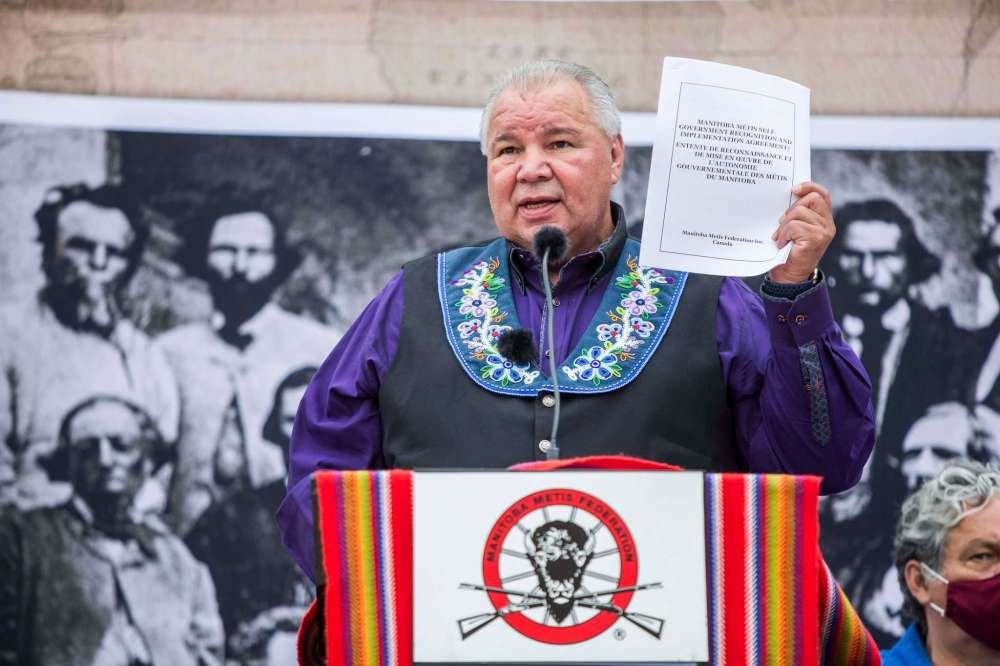
To commemorate treaties signed in Manitoba and across Canada, First Nations forged medallions which feature a man dressed like European nobility, facing an Indigenous man in a headdress. The two shake hands, and below their feet is a buried hatchet.
The symbol makes up the logo for everything from the former Kapyong barracks project in Winnipeg to the northern Manitoba Keewatinowi Okimakanak group of reserves. Meeches said it’s how Indigenous people show Manitobans they want to move forward as equal partners.
“I think Canadians in general are starting to appreciate and understand the hell that we went through,” said Meeches, who instead fears a looming culture war.
“Brian has been basically at war with Indigenous people, before he was elected to political office.”
dylan.robertson@freepress.mb.ca






